1. Learn the signs
A mental health crisis won't look the same for everyone, but there are some common symptoms that you can look out for. If your friend is experiencing a mental health crisis, they may show signs of:
- Mood swings
- Unusual eating leading to rapid weight gain/loss
- Lack of energy
- Isolation
- Suicidal thoughts
- Hallucinations
- Extreme agitation
- Threatening others
- Paranoia
- Confused thoughts
2. Reach out
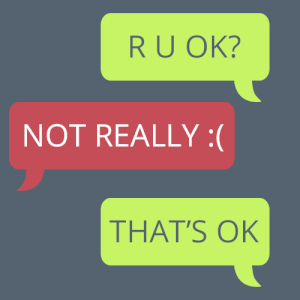
If you know someone who is going through a mental health crisis, or even just think that they might be, it's important for you to reach out. They need to know that someone is there to support them. Part of the issue they're experiencing may be that they're feeling alone and that they don't have anyone to turn to. Reaching out can help.
3. Create a safe space
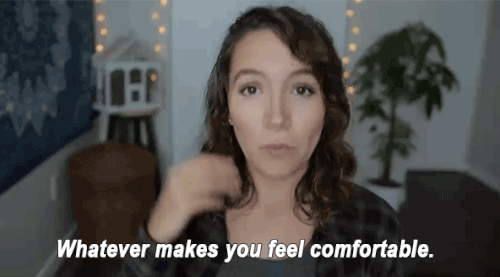
Creating a space where your friend feels safe and comfortable is crucial to helping them open up and work through their situation. A ‘safe space’ can vary in meaning, but it's likely a quiet, semi-isolated environment with comfy seating and natural light. Your friend will probably be more comfortable talking with you if they're not around other people. Public places are not great! If this is unavoidable, try finding an area of a public place that's less populated and face your friend away from others in the room.
4. Listen
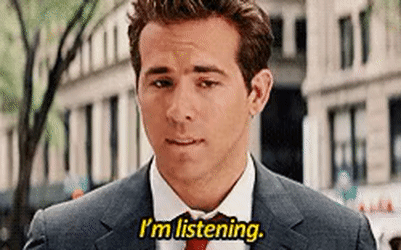
It's easy for us to dish out the advice, but someone who is going through a mental health crisis just might need someone to talk to. This might mean just sitting back and listening. It's important that you emphasize that you're there to support them, but let them talk—don't use their air time. Ask the person at the beginning if they want advice or if they want someone to rant to. That way you're able to give them the support they want.
5. Don't judge
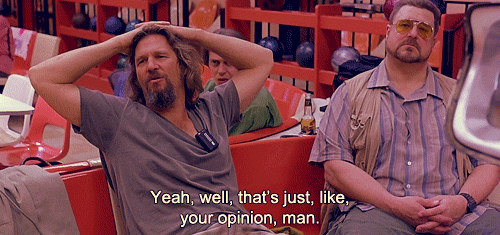
Unless they specifically ask for your opinions or advice, don't assume they want to hear it. (Just because you think you'd do things a certain way doesn't mean they would or should.) And the last thing they want to hear is someone judging them.
6. Get their mind off of it
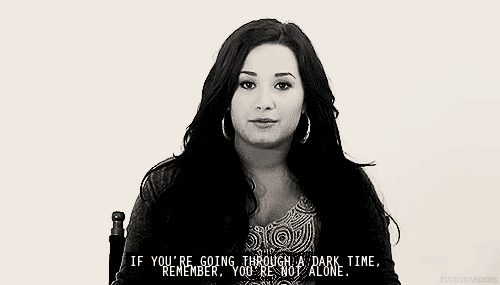
Someone who may be going through a mental health crisis might just need to get their mind off of it. Don't pressure them into doing anything they don't want to (it may not be the best time to go to an open mic night), but maybe suggest going to get a coffee somewhere quiet. Even doing something as casual as watching Netflix can let them know they aren't alone.
7. Recognize your limitations
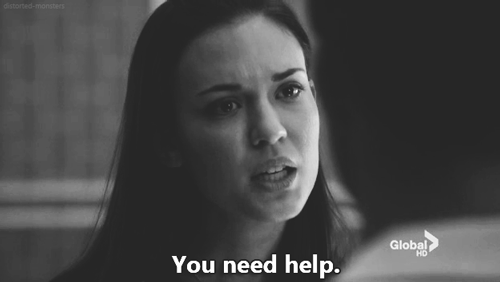
You are (probably) not a mental health care expert, and it's important for you to acknowledge that and recognize when your friend needs help from a professional. That said, you can support them through the process. If they need to go see a counsellor, maybe make the appointment for them or go with them. In Halifax, you can go to a same-day counselling appointment at the Health and Wellness Centre on the 2nd floor of LeMarchant Place. Or speak with the Stay Connected mental health peer support workers virtually or in the DSU Wellness Room (check the website for updated hours). In Truro, you can make an appointment to drop by Health Services in the Dairy Building.
Don't hesitate to call for help if you think your friend is in immediate danger. Call 911 if you're off campus or Dal Security (through the DalSAFE app) if you're on campus. You can also call 902-429-8167 or 1-888-429-8167 to reach the Mental Health Mobile Crisis Team, 24 hours a day, 7 days a week.
Experiencing a mental crisis can feel extremely lonely. The best thing you can do for your friend is be their support system.

